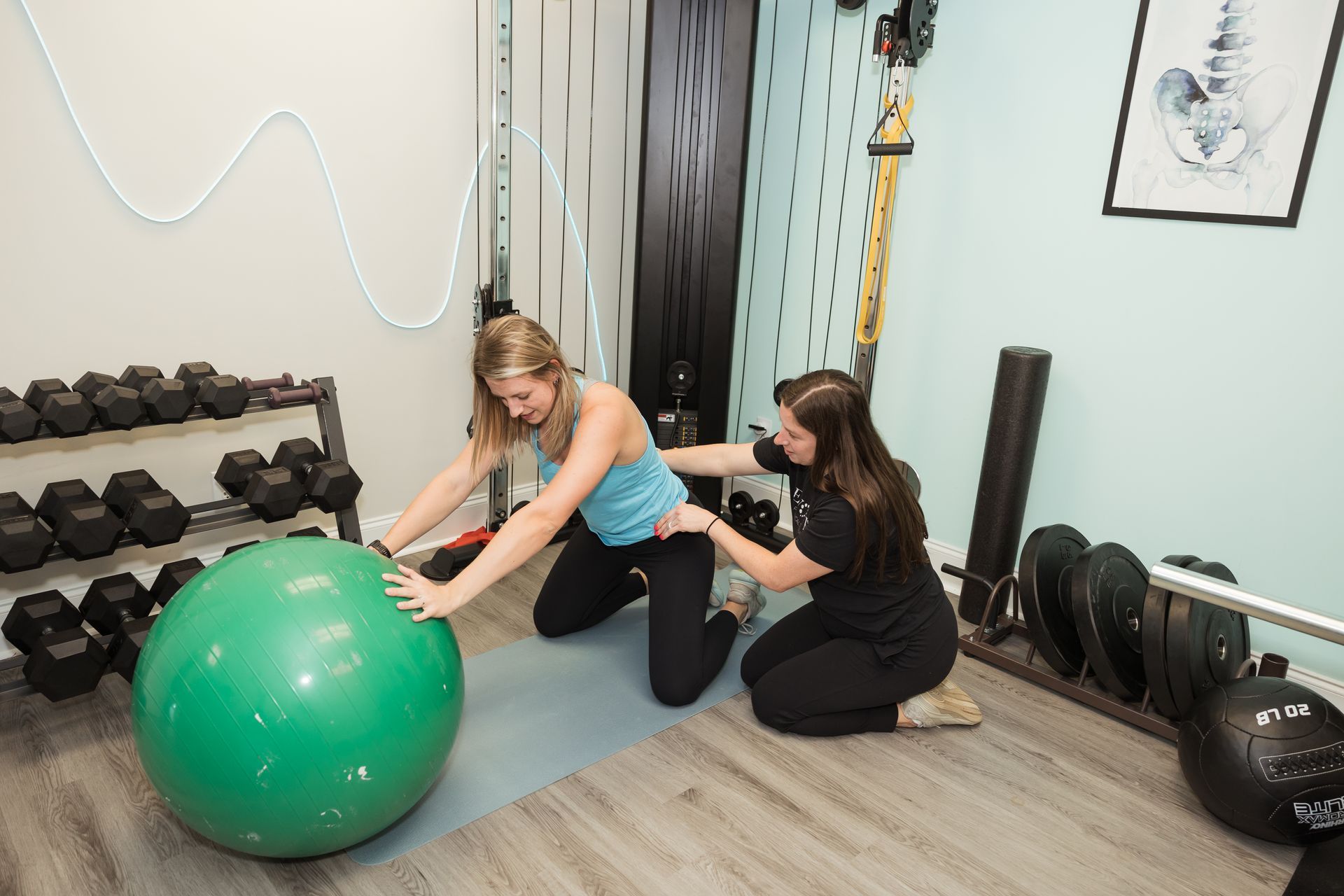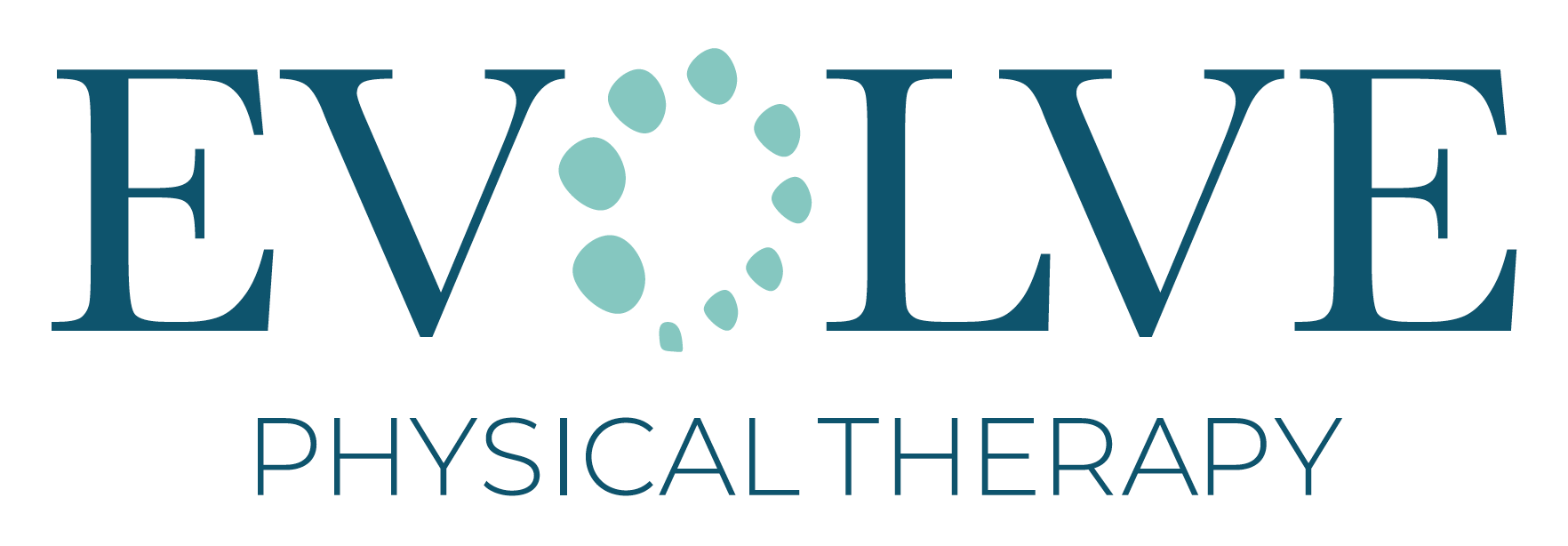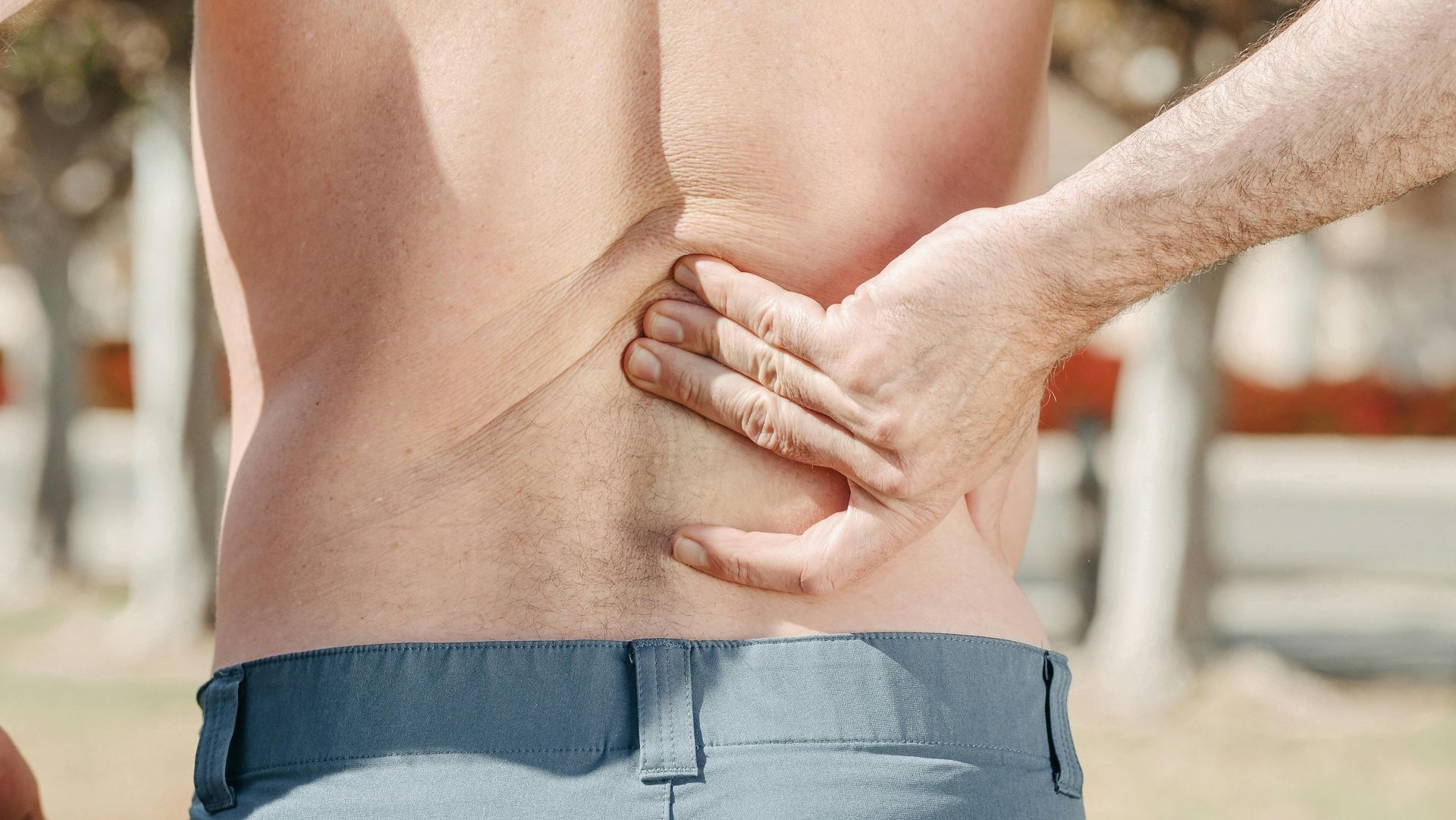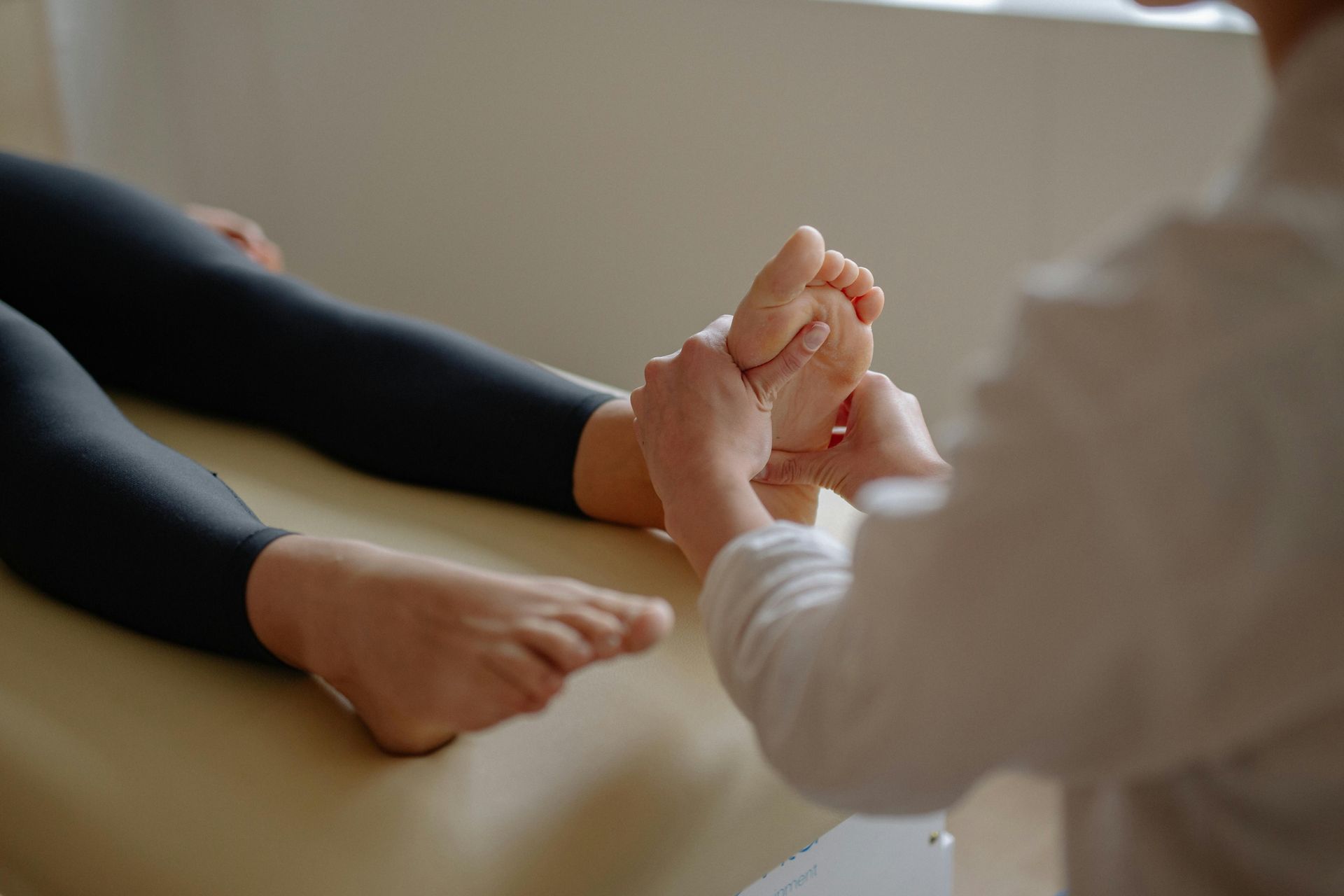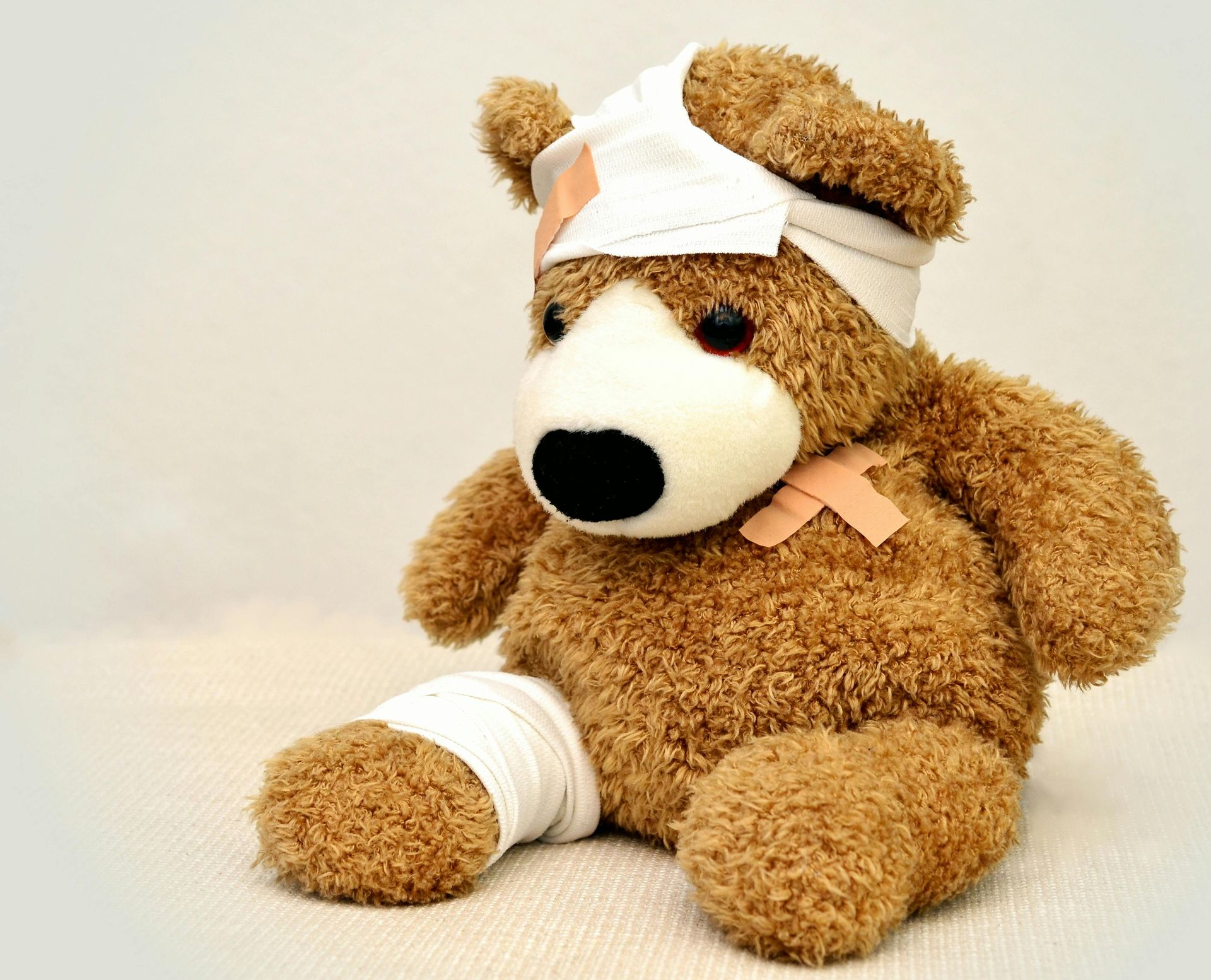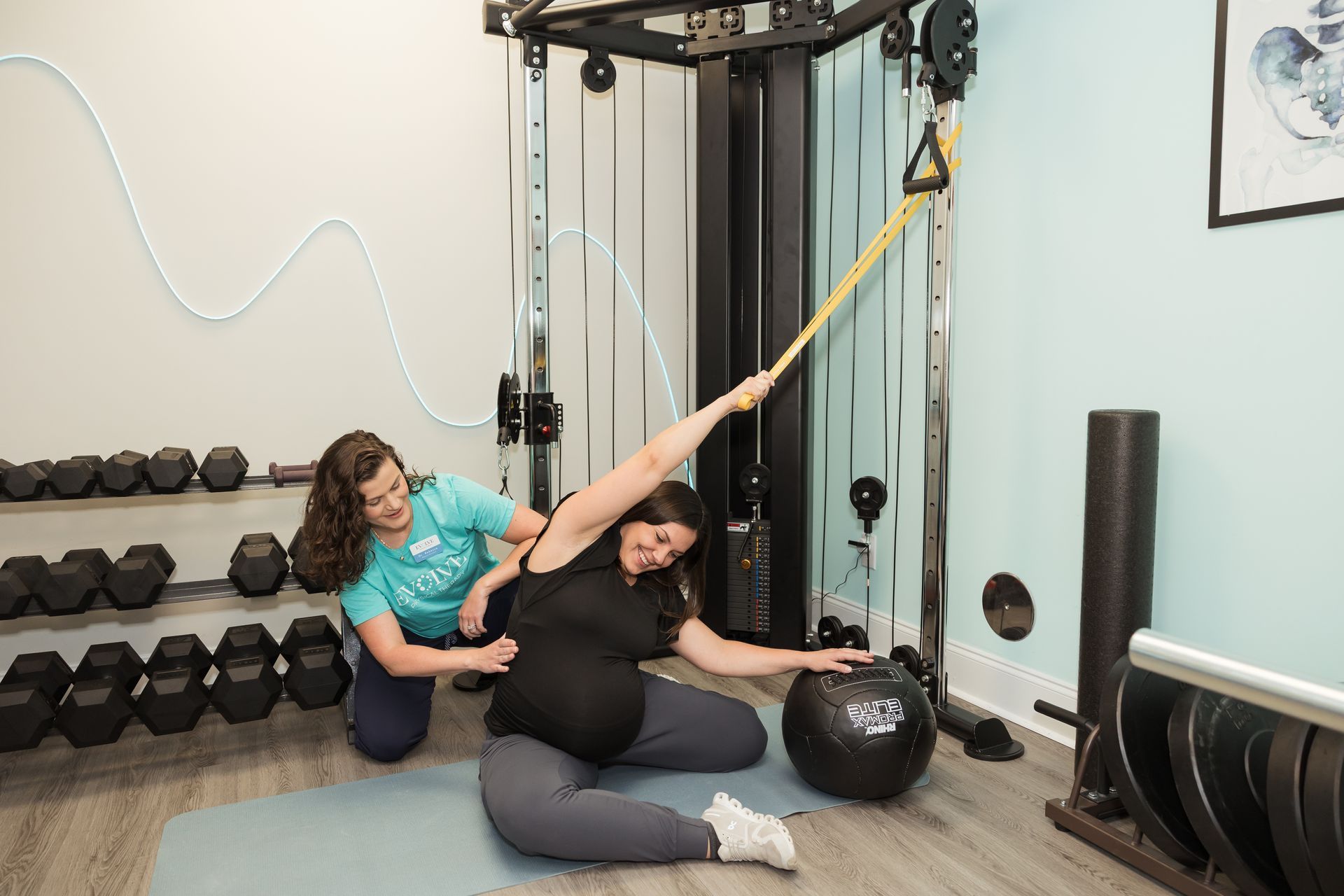Tips To Improve Sleep
Read below things that you can do to help improve the quality of your sleep!
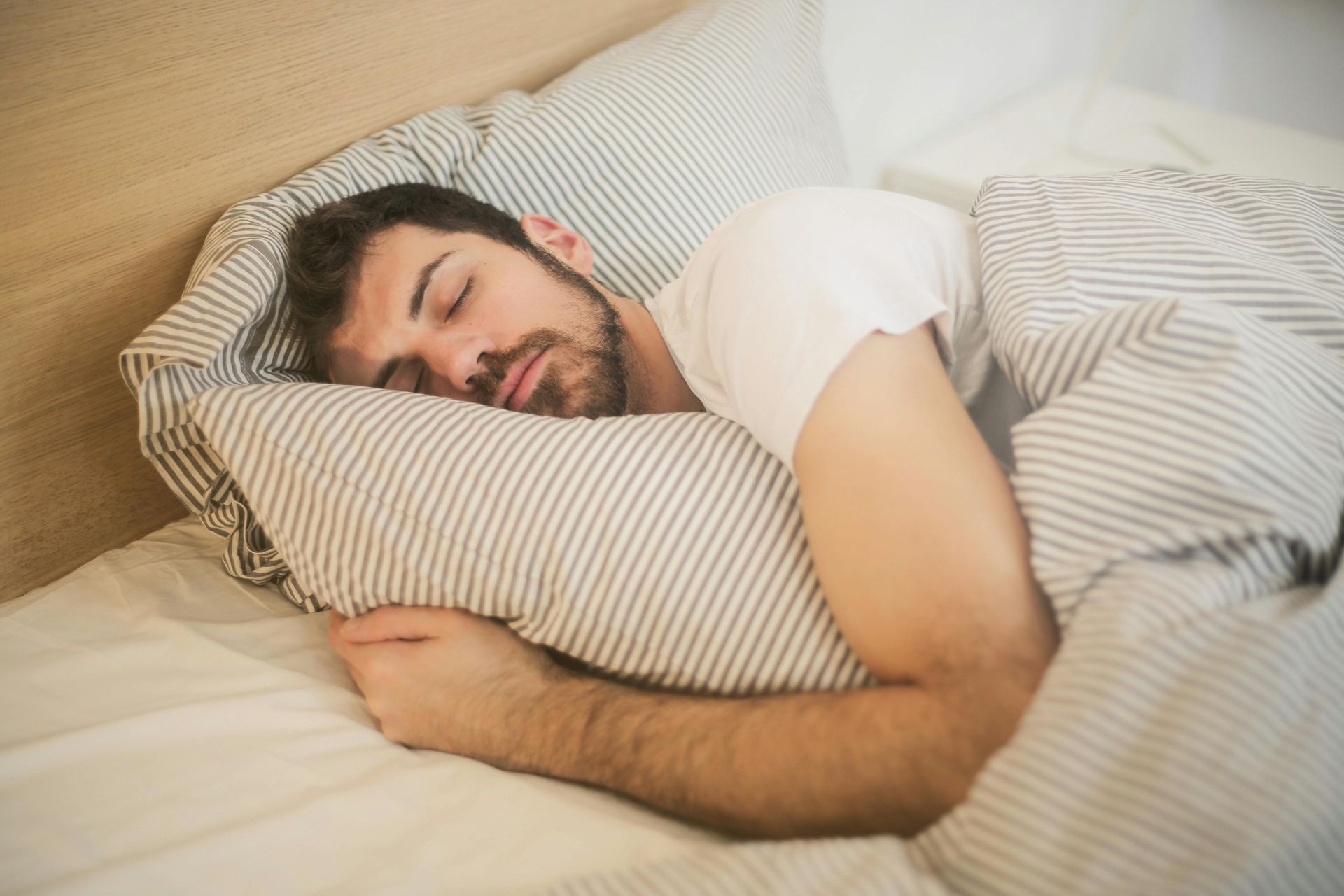
Sleep is a vital role of recovery and overall wellness. Improving one’s sleep can help to positively impact the quality of our life by improving mental clarity, emotional health, and physical recovery. Working on improving the quality and quantity of sleep can help to improve growth factor release and reduce cortisol, improve our cells ability to communicate with each other, and allow our body systems to rejuvenate and recover. This can help improve muscle growth, cardiovascular and respiratory function, repair damage that occurred during workouts (or throughout the day), and allow the nervous system to recuperate from the stress and demands placed on it. With that said, while training hard in the gym is important, so is our recovery. And, the best way to improve our recovery is to improve sleep quality and duration.
Here are some tips to incorporate to do just that:
- Reduce blue light exposure/screen time to at least 30 minutes to 1 hour prior to sleep
- Focus on reading a book
- Work on diaphragmatic breathing or gentle mobility
- Keep the room cool at night
- This can help with body temperature regulation and lead to deeper sleep
- Limit light and noise as this can wake you up
- Light and sound can disrupt your circadian rhythm and make it difficult to fall back to sleep
- Limit caffeine intake at least 8- 10 hours before bedtime
- Caffeine can block receptors in your brain that make you feel sleep and can make it difficult to fall asleep
- Reduce food and liquid consumption intake prior to bed
- Large meals, spicy or acidic foods or foods that are high in fat can disrupt sleep due to digestion disturbance and discomfort
- Alcoholic beverages and large qualities of liquid can increase pelvic floor irritation and may disrupt sleep
References
Iao, S. I., Jansen, E., Shedden, K., O'Brien, L. M., Chervin, R. D., Knutson, K. L., & Dunietz, G. L. (2021). Associations between bedtime eating or drinking, sleep duration and wake after sleep onset: findings from the American time use survey. The British journal of nutrition, 127(12), 1–10. Advance online publication. https://doi.org/10.1017/S0007114521003597
Lazarus, M., Shen, H. Y., Cherasse, Y., Qu, W. M., Huang, Z. L., Bass, C. E., Winsky-Sommerer, R., Semba, K., Fredholm, B. B., Boison, D., Hayaishi, O., Urade, Y., & Chen, J. F. (2011). Arousal effect of caffeine depends on adenosine A2A receptors in the shell of the nucleus accumbens.
The Journal of neuroscience : the official journal of the Society for Neuroscience,
31(27), 10067–10075.
https://doi.org/10.1523/JNEUROSCI.6730-10.2011
National Heart, Lung, and Blood Institute. (2011).
In brief: Your guide to healthy sleep. Retrieved January 16, 2018, from
https://www.nhlbi.nih.gov/resources/your-guide-healthy-sleep
National Institute of Neurological Disorders and Strokes. (2024, September 05).
Brain basics: understanding sleep
https://www.ninds.nih.gov/Disorders/Patient-Caregiver-Education/Understanding-Sleep
